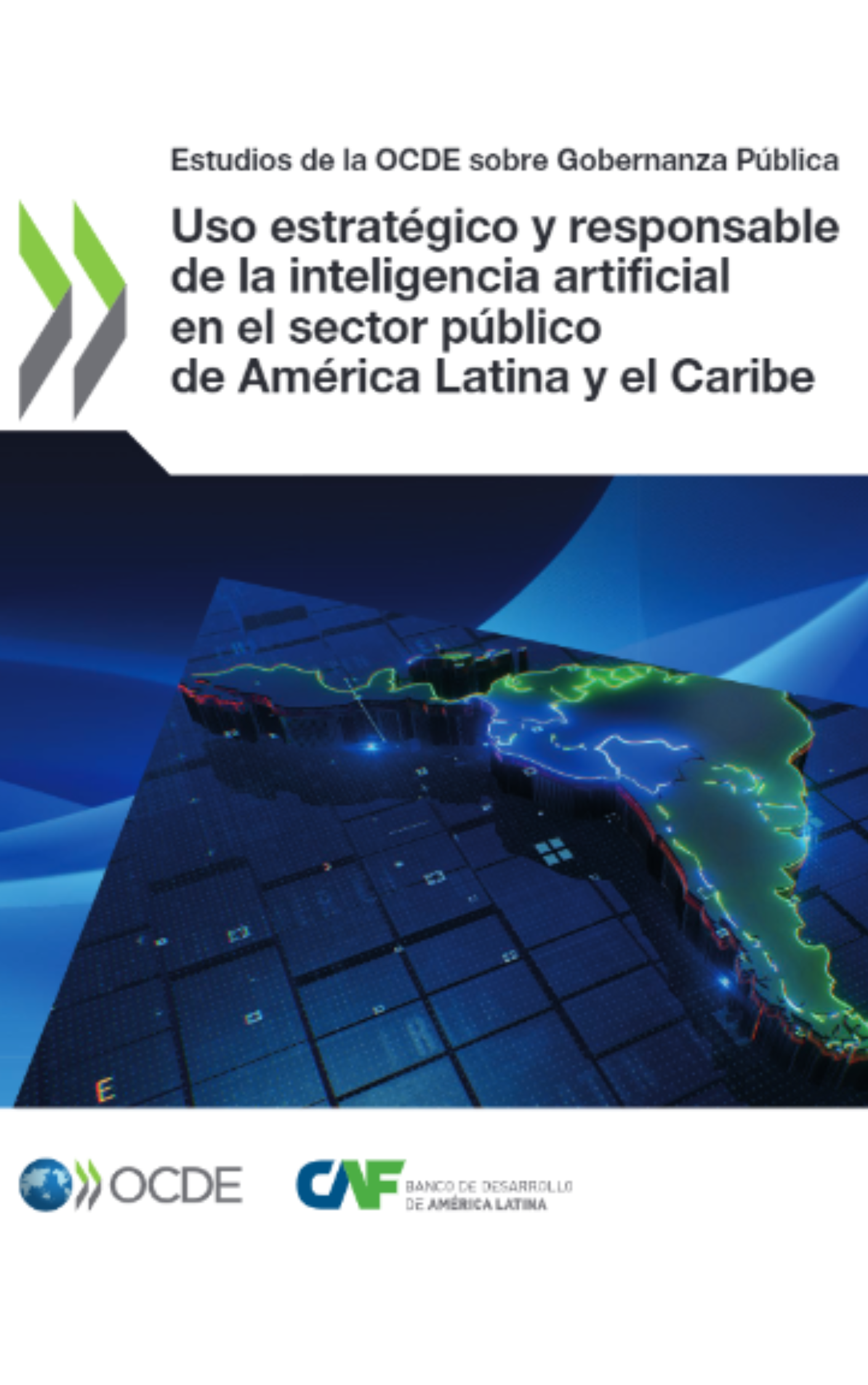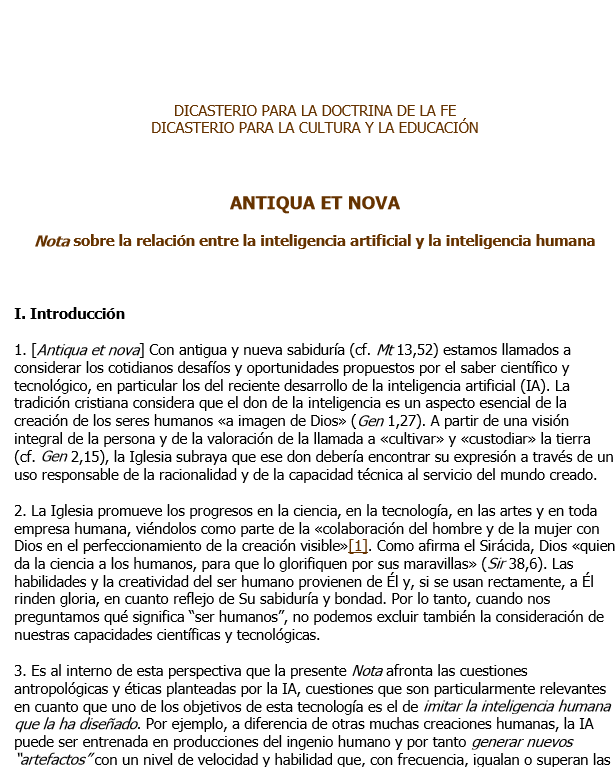The ultimate goal of AI, achieving a machine with general intelligence similar to human intelligence, is one of the most ambitious objectives in science. Due to its complexity, it is comparable to other great scientific goals such as explaining the origin of life, the origin of the universe, or understanding the structure of matter. Over the last few centuries, this drive to build intelligent machines has led us to invent models or metaphors of the human brain.
There are ethical dilemmas that software developers must consider when designing AI. For example, an autonomous vehicle might decide to hit a pedestrian to avoid a collision that could harm its occupants. Equipping companies with advanced AI systems to make management and production more efficient will require fewer human employees and lead to higher unemployment. These ethical dilemmas have led many AI experts to call for the regulation of its development. In some cases, the use of AI should even be banned. A clear example of this is autonomous weapons.
However, in addition to regulation, it is crucial to educate citizens about the risks of intelligent technologies, providing them with the necessary skills to control it rather than be controlled by it. We need future citizens who are much better informed, with a greater ability to assess technological risks, a stronger sense of critical thinking, and a willingness to assert their rights. This educational process must start in schools and continue in universities. In particular, it is necessary for science or engineering students to receive ethical training that allows them to better understand the social implications of the technologies they are likely to develop. Only by investing in education will we create a society capable of harnessing the benefits of intelligent technologies while minimizing the risks. AI undoubtedly has extraordinary potential to benefit society, provided we use it wisely and cautiously. It is essential to raise awareness of the limitations of AI and to act collectively to ensure that AI is used for the common good with safety, reliability, and responsibility.
The path to truly intelligent AI will remain long and difficult; after all, AI is only about sixty years old, and as Carl Sagan would say, sixty years is a brief moment in the cosmic scale of time. We must accompany its evolution and actively participate in discussions about its development, its uses, its impact on the economy and work, as well as its effects on education and the feedback on technological progress.


